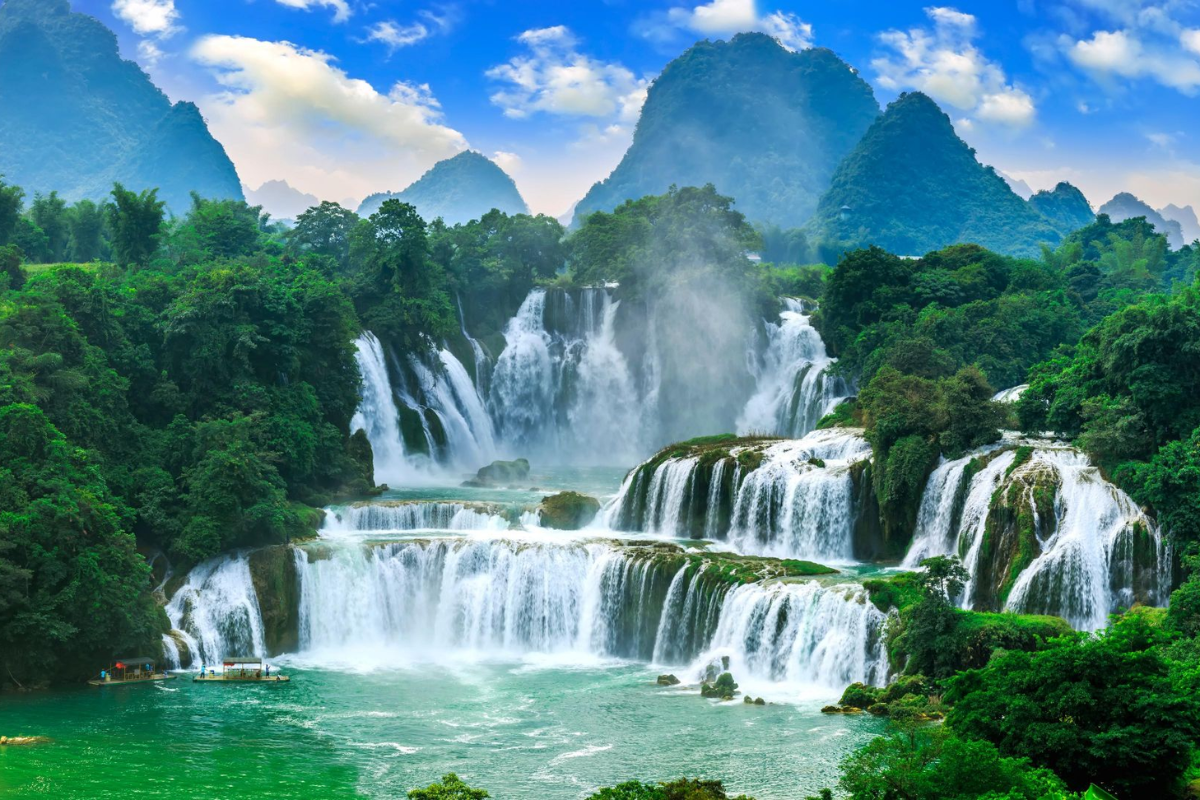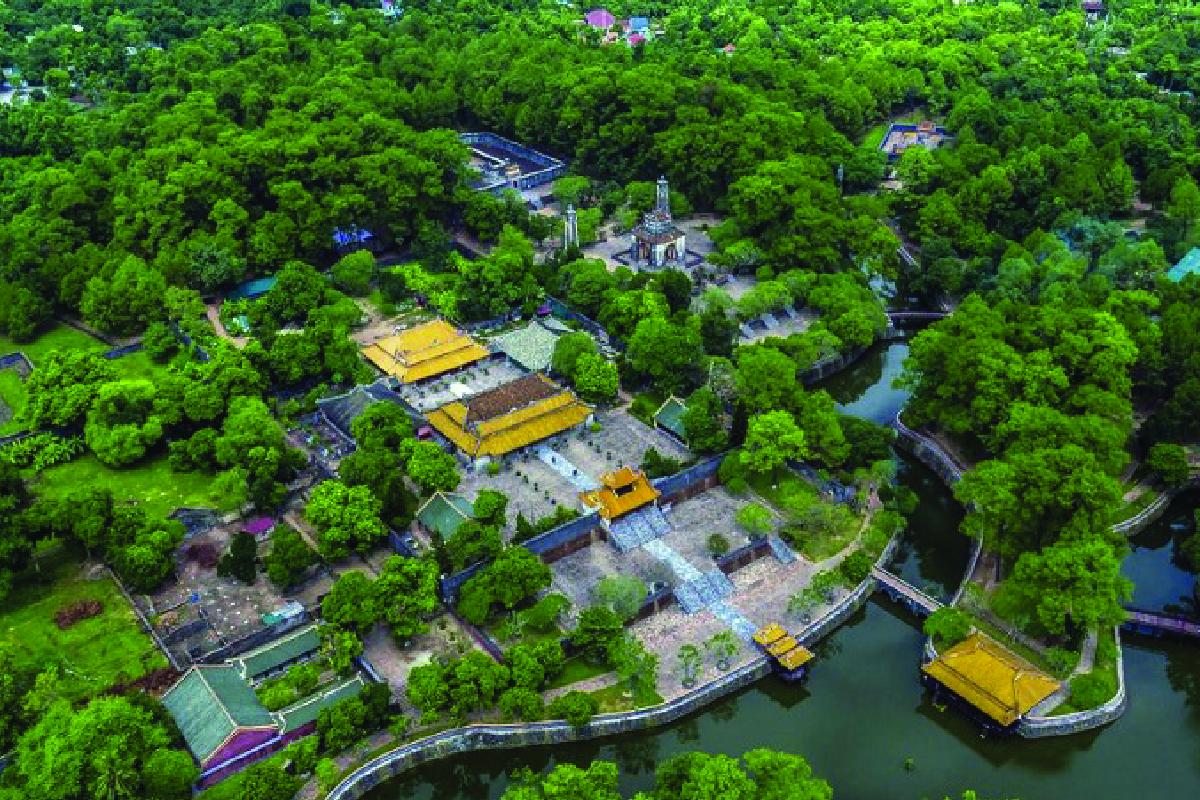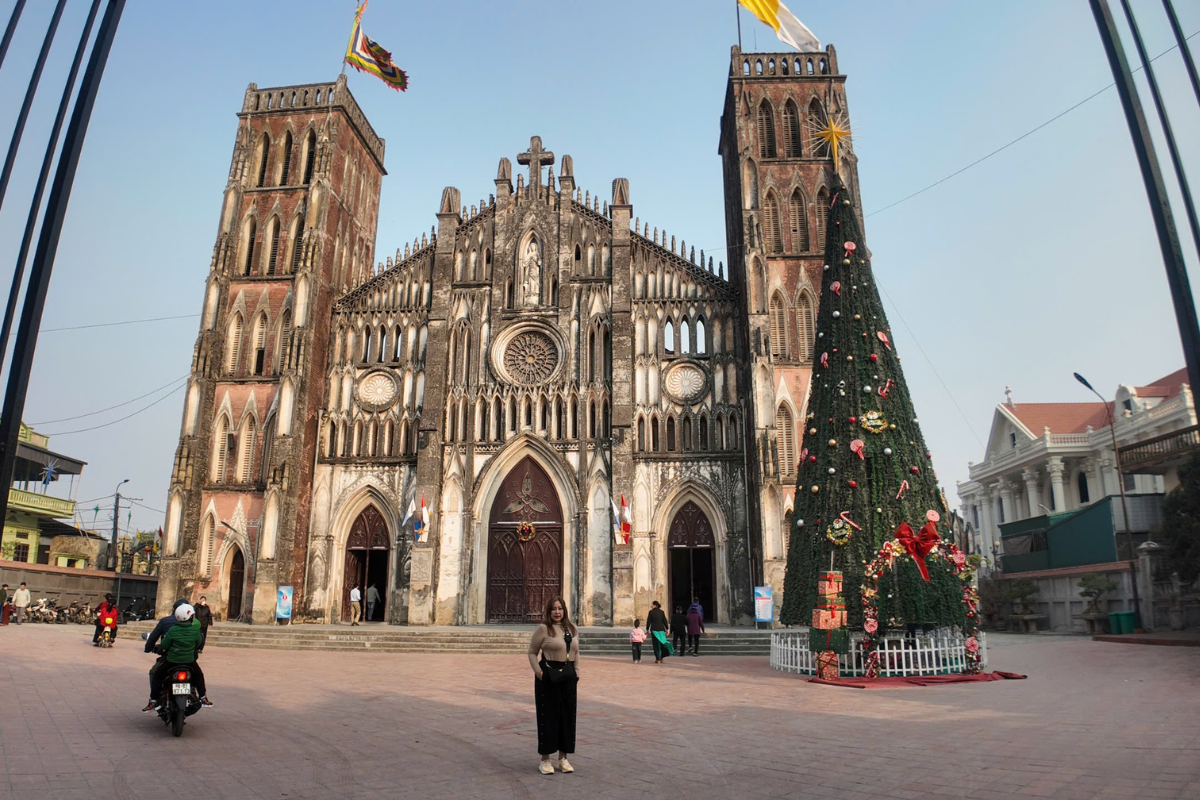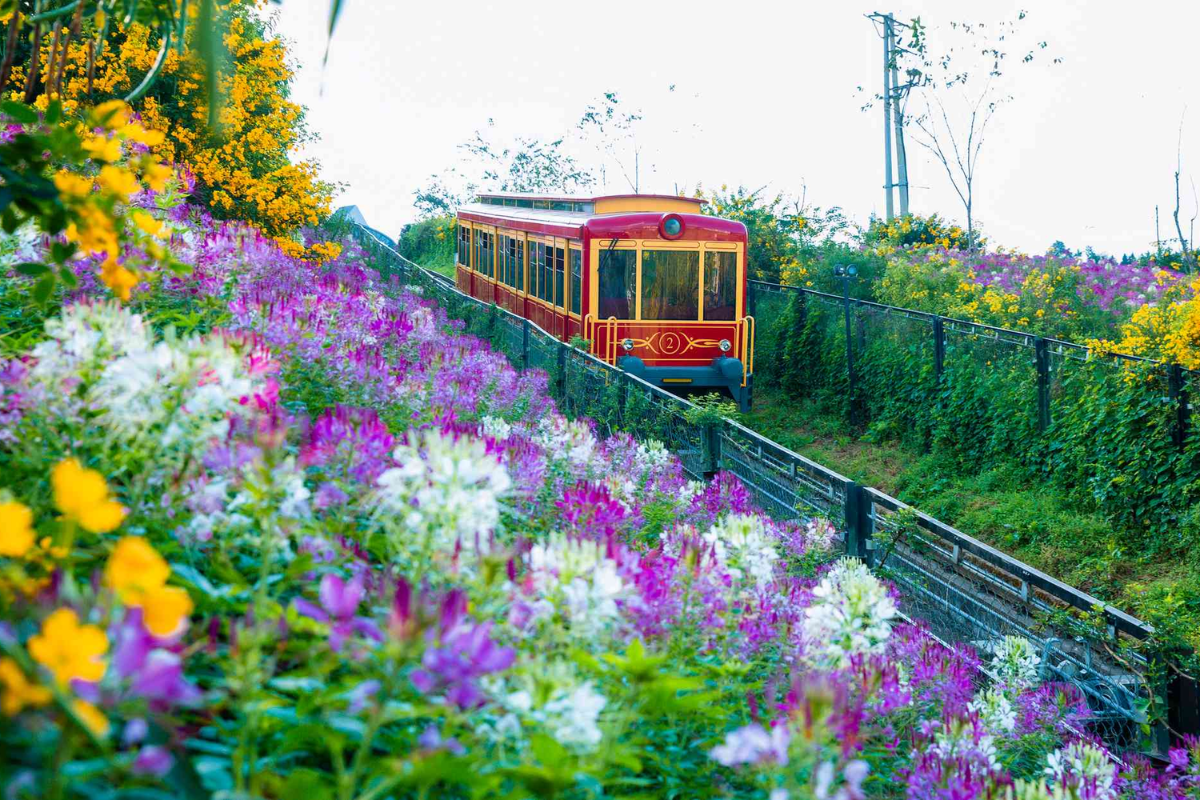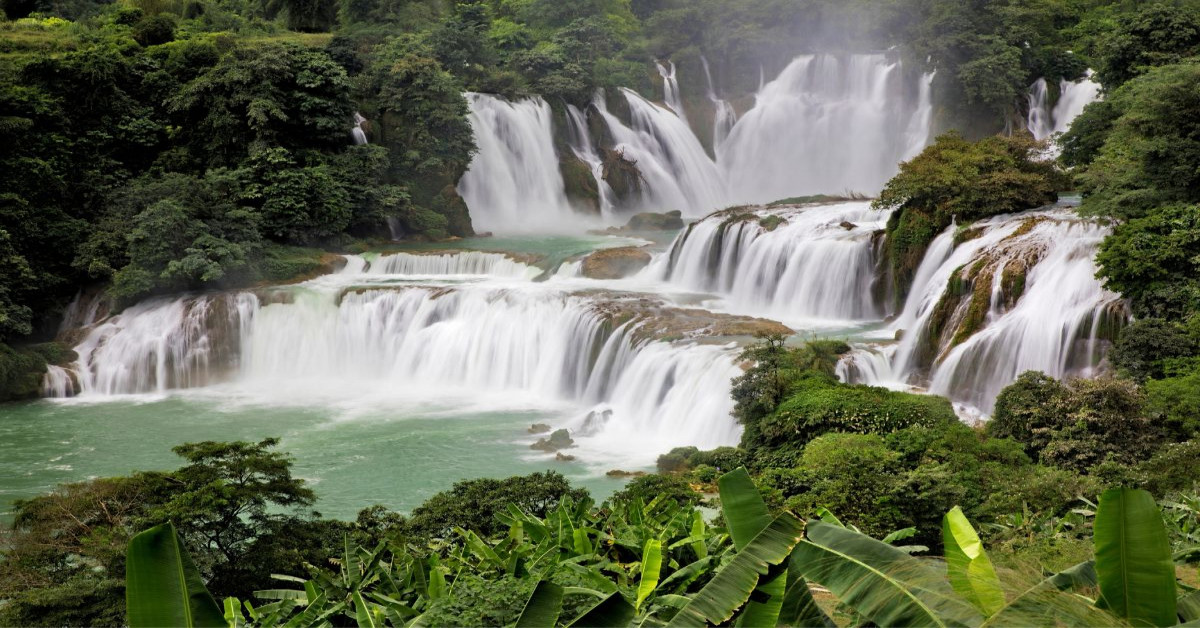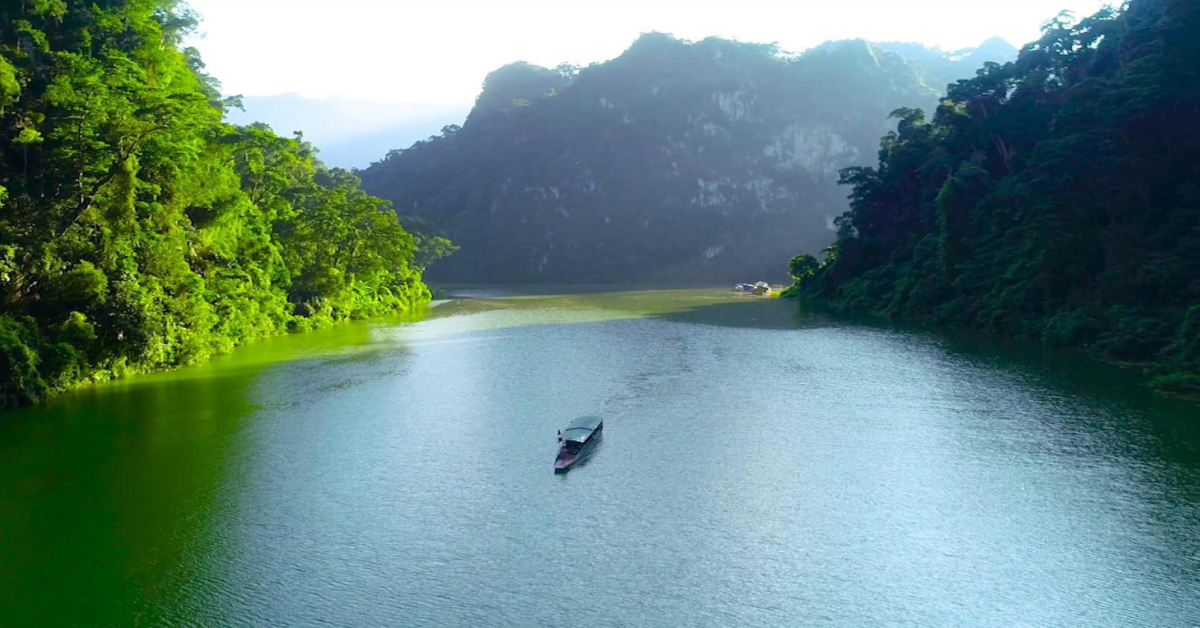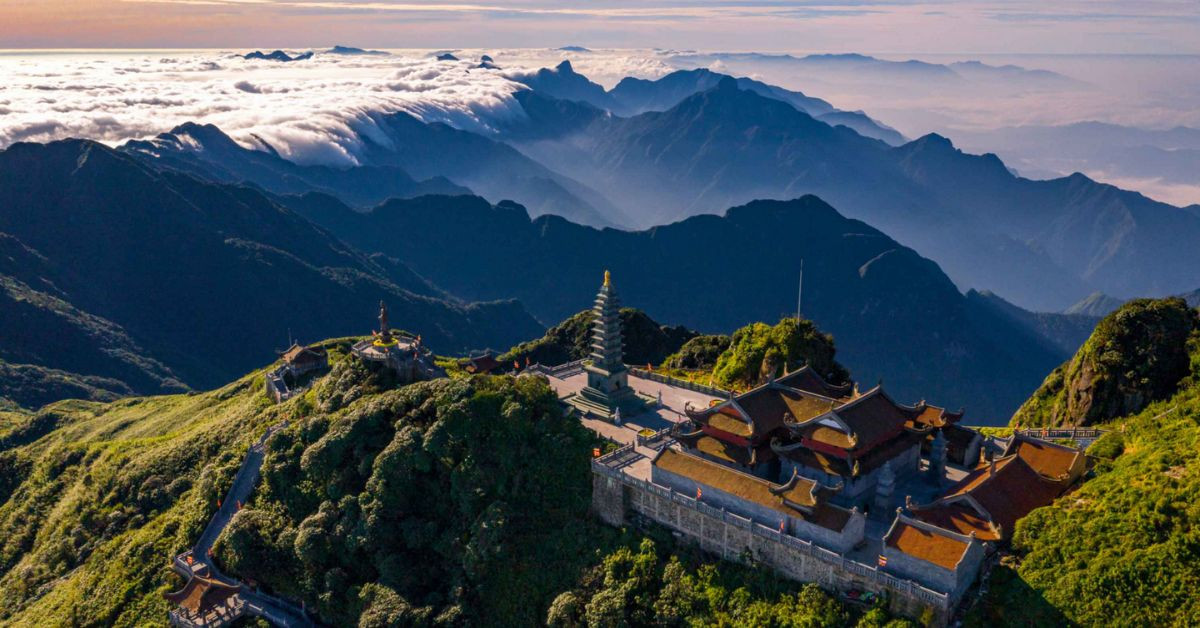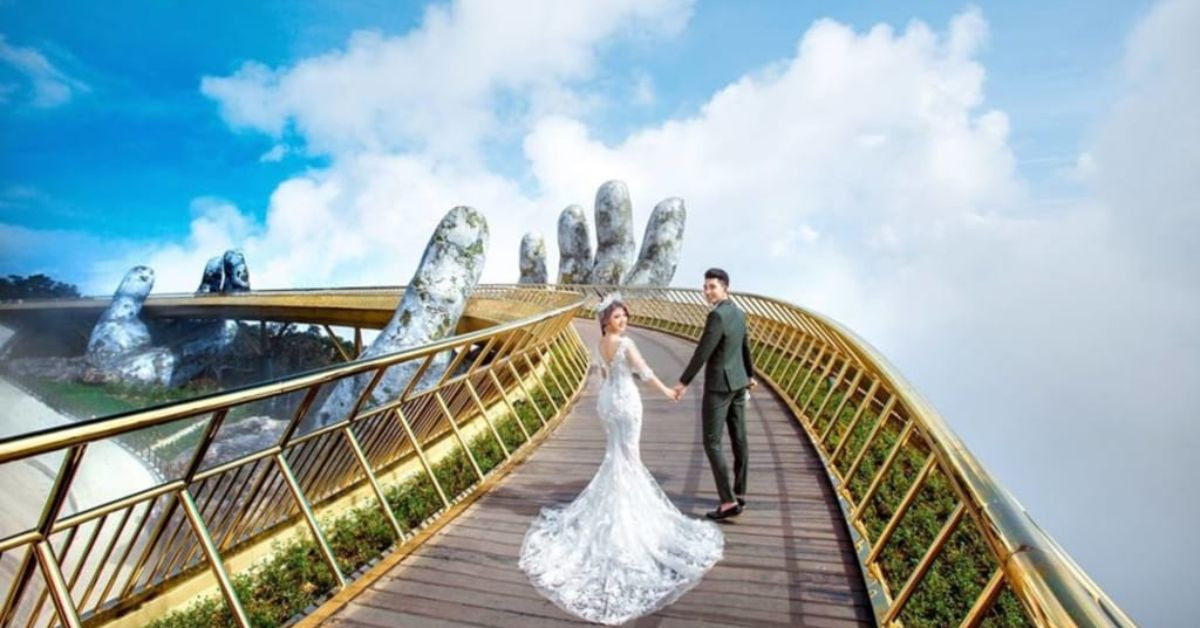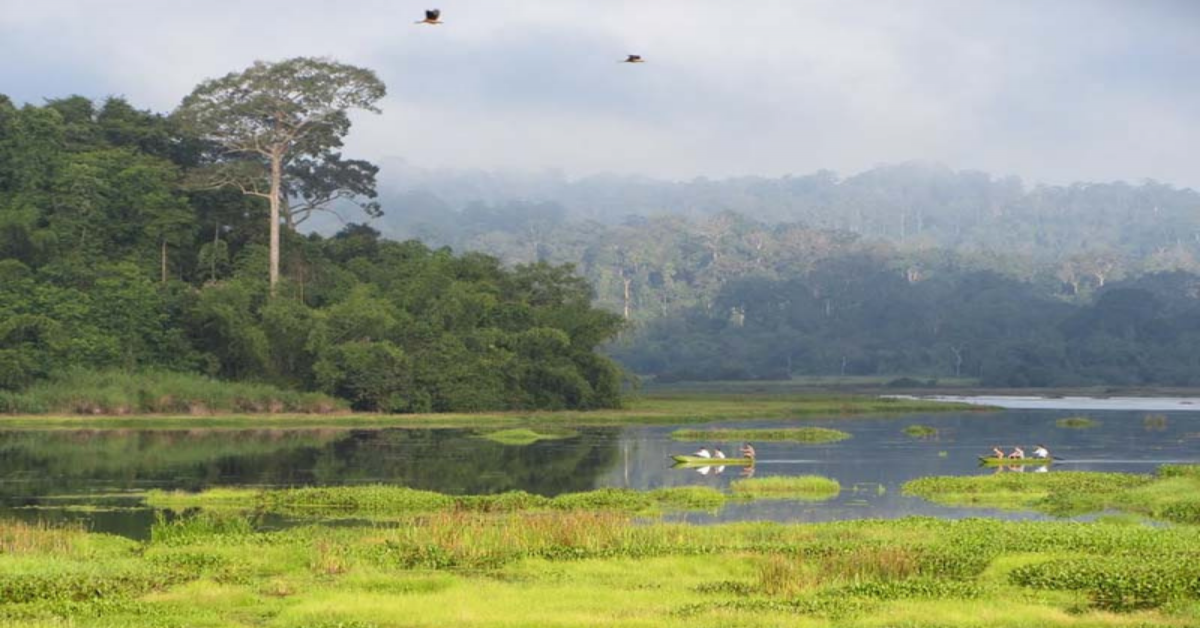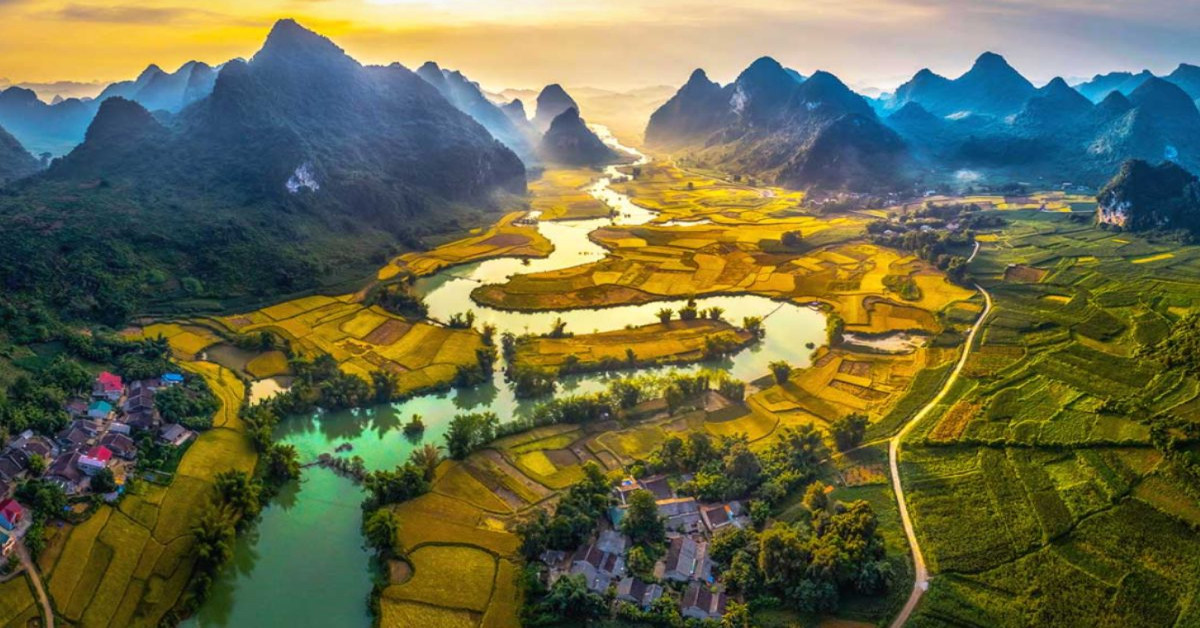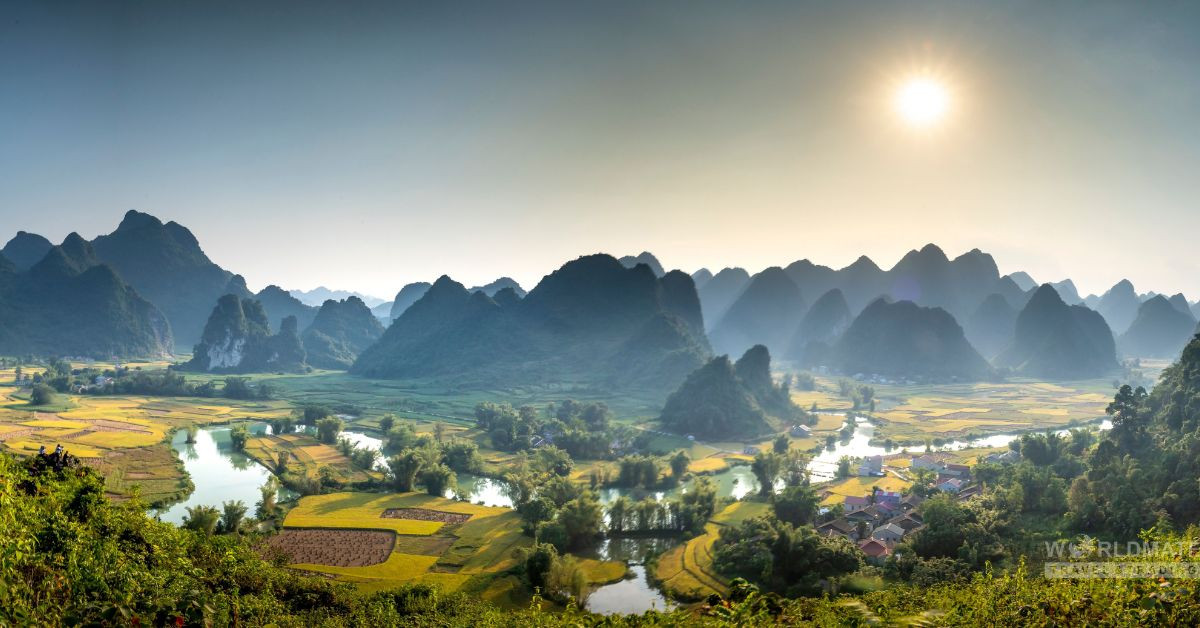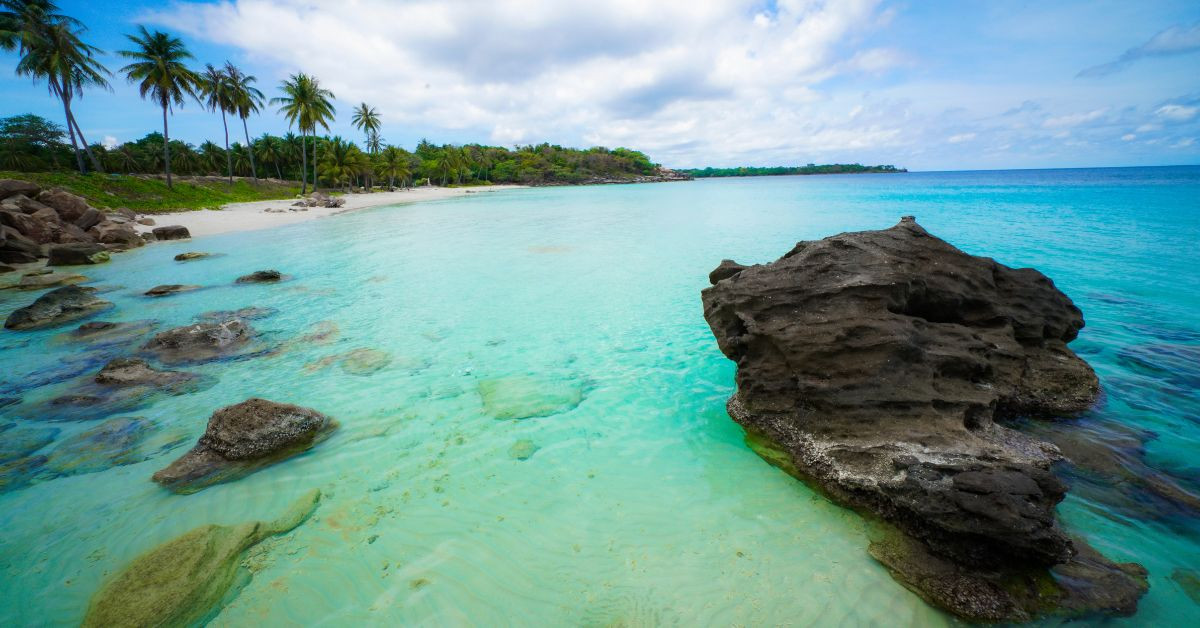Ethnic Groups in Ha Giang: Culture, Traditions & Festivals
Located in northern Vietnam, Ha Giang is home to a mosaic of ethnic minority groups including the Mong, Pa Then, Tay, Lo Lo, and Phu La. Each group contributes a unique cultural essence through architecture, crafts, festivals, costumes, music, and spiritual beliefs. Let’s dive into the fascinating traditions of these communities with World Mate Travel.
1. Mong Ethnic Group
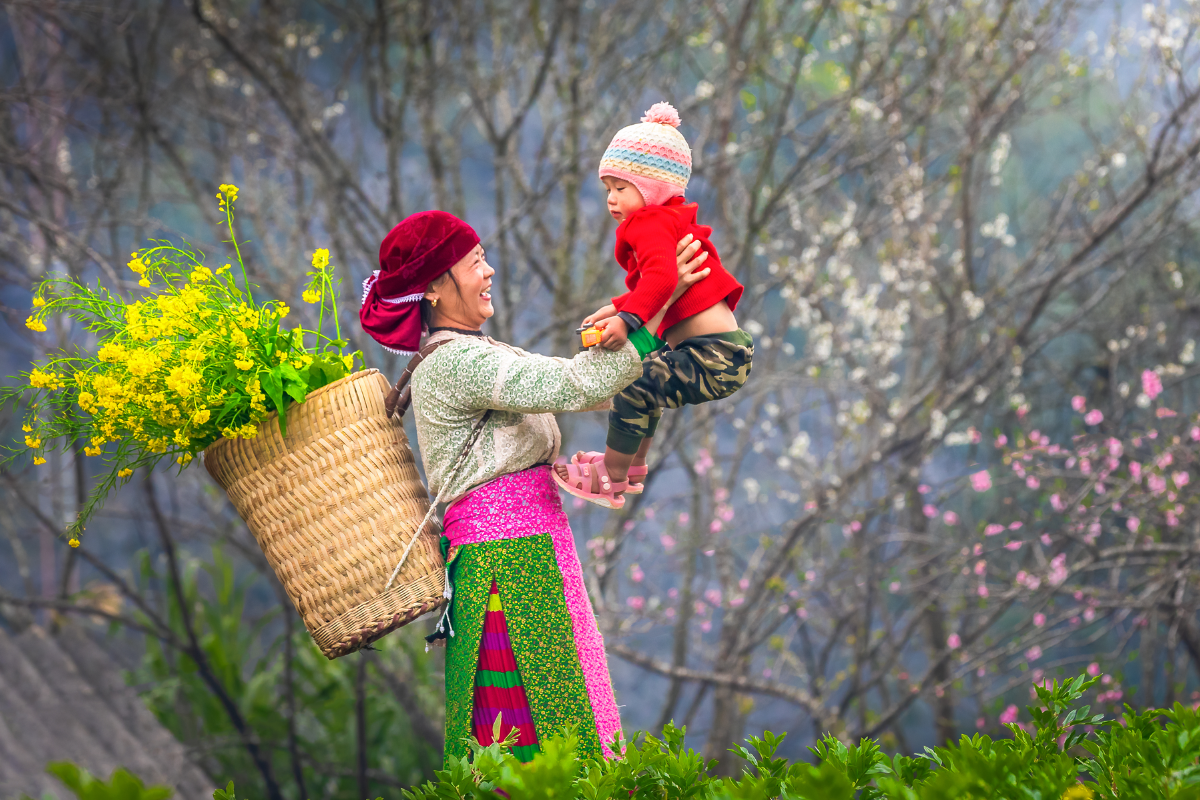
Also known by various names like Mẹo or Man Trắng, the Mong are one of the largest ethnic groups in Ha Giang, comprising about 31% of the province's population. They primarily live in Quan Ba, Yen Minh, Dong Van, Meo Vac, Hoang Su Phi, and Xin Man districts.
♦ Unique Housing Style
The Mong people construct thick earthen-walled houses with tiled or grass roofs to withstand the harsh climate. These structures reflect not just their ingenuity but also their long-standing presence in the region.
♦ Tet Festival
The Mong celebrate their own Tet one month earlier than the Kinh people, starting on the 30th of the lunar November. They honor their ancestors, prepare sticky rice day cakes, and believe that even tools and objects should rest before the new year begins.
2. Pa Then Ethnic Group
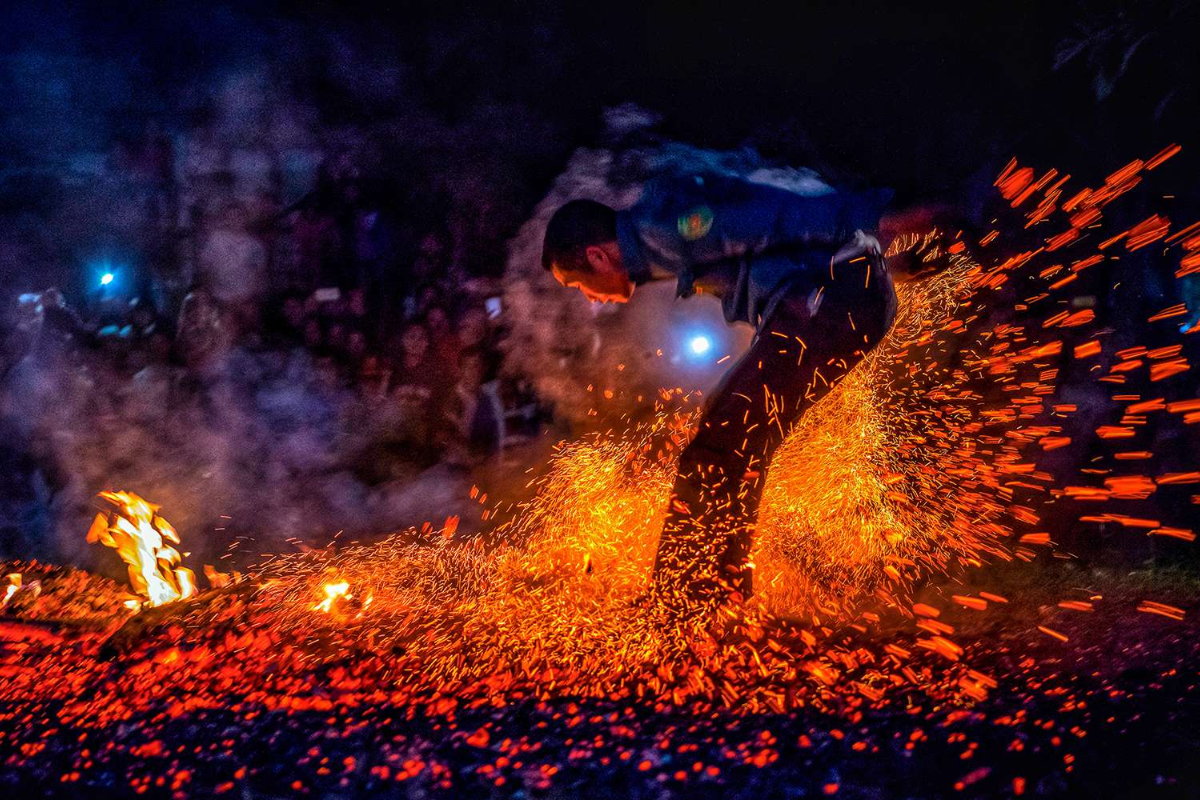
With a population of around 5,000, the Pa Then mainly reside in several communes of Ha Giang. Despite their small numbers, they have a strong cultural identity marked by vibrant clothing, rituals, and the awe-inspiring Fire Dancing Festival.
♦ Fire Dancing Ritual
In this mystical festival, the village shaman calls upon deities before young men leap barefoot into blazing fires. Locals believe this act is blessed by the gods, as the dancers remain unharmed. The exact spiritual mechanism remains a mystery to this day.
3. Tay People and the Tinh Instrument
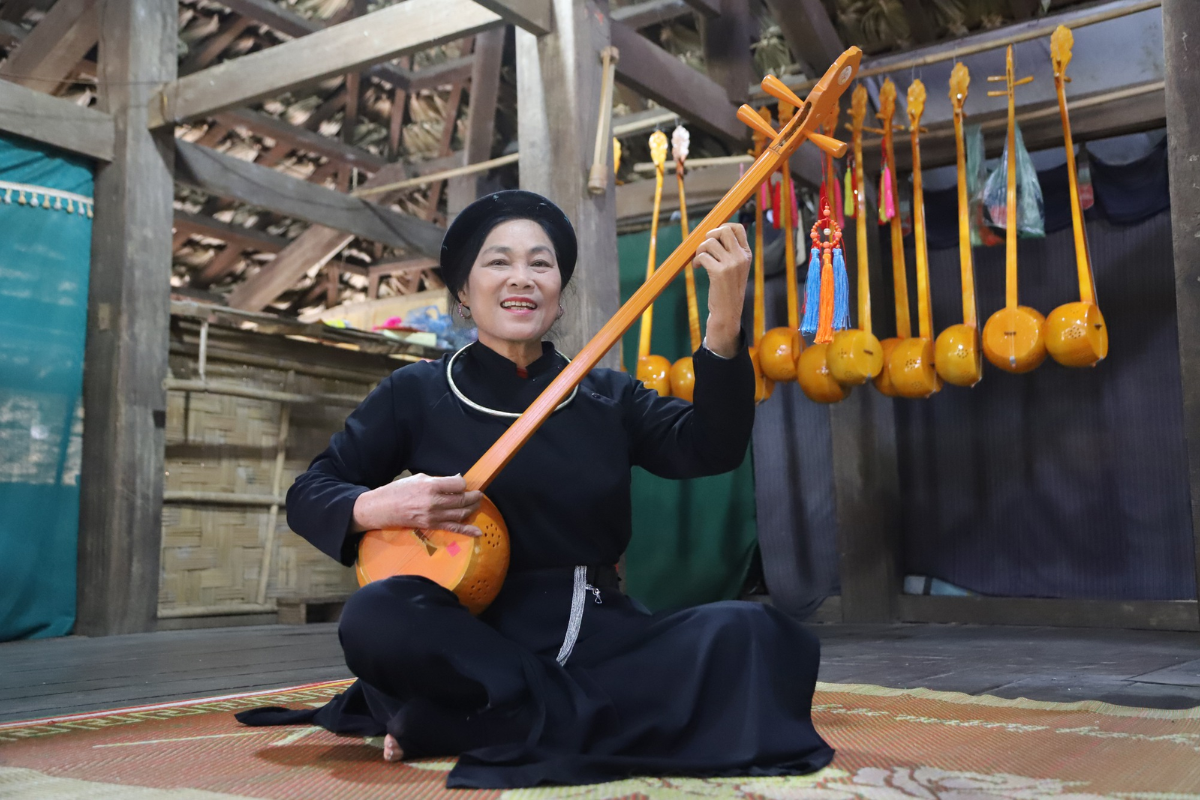
The Tay community in Tien Thang village preserves an impressive variety of traditions, from the Long Tong Festival to Then singing and folk dancing. One of their cultural cornerstones is the Dan Tinh instrument, used in both ceremonies and storytelling.
♦ Dan Tinh (Tinh Instrument)
Made from strawberry tree wood, the Tinh is plucked with fingers and produces soothing melodies. It’s often played by elders during rituals, creating a deeply spiritual and artistic ambiance.
4. Lo Lo Hoa Ethnic Group and Colorful Costumes
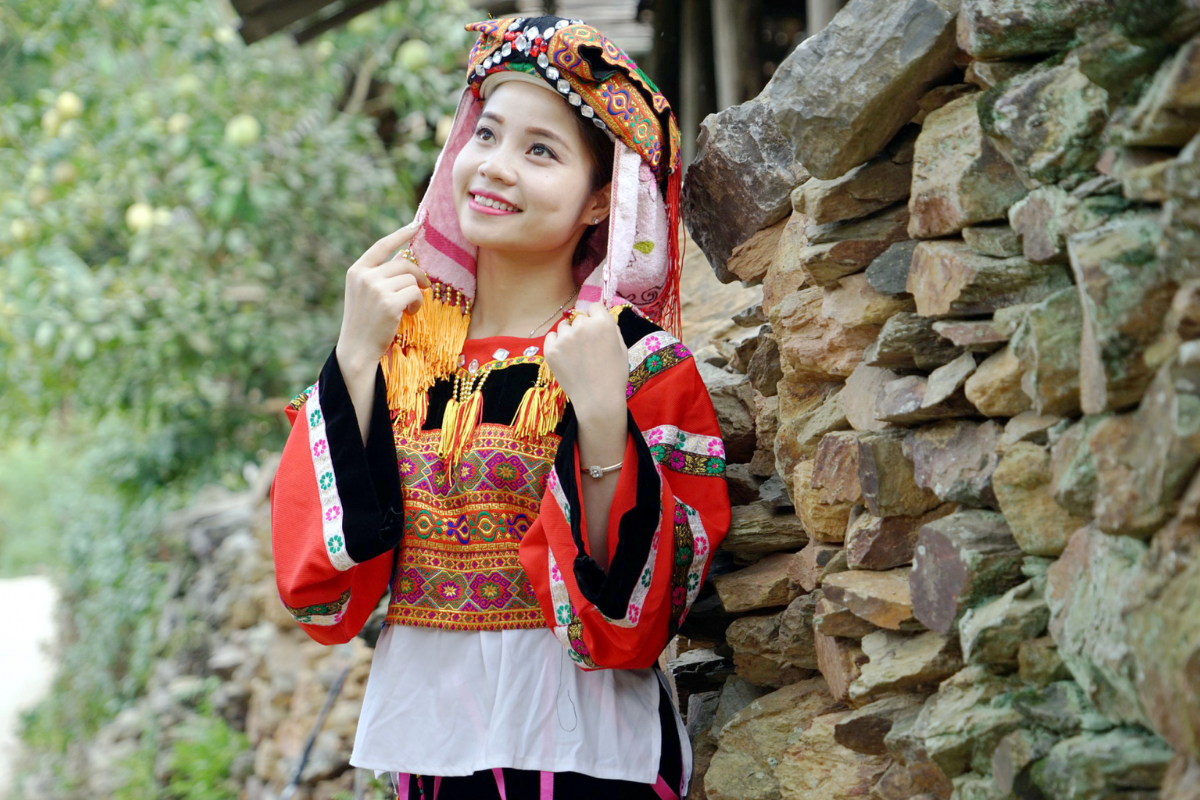
Divided into Lo Lo Hoa and Lo Lo Den groups, the Lo Lo people (3,134 individuals) have roots in the Tibeto-Burman language family. They are primarily farmers, cultivating rice and maize while participating in livestock husbandry.
♦ Traditional Clothing
Women’s outfits feature low-neck vests, short skirts, and trousers adorned with symbolic patterns like triangles, birds, and cardamom motifs. These elaborate costumes are most visible during their Spring, Corn Harvest, and Rain Festivals, the last being particularly significant as a ritual for agricultural blessings.
5. Phu La Ethnic Group
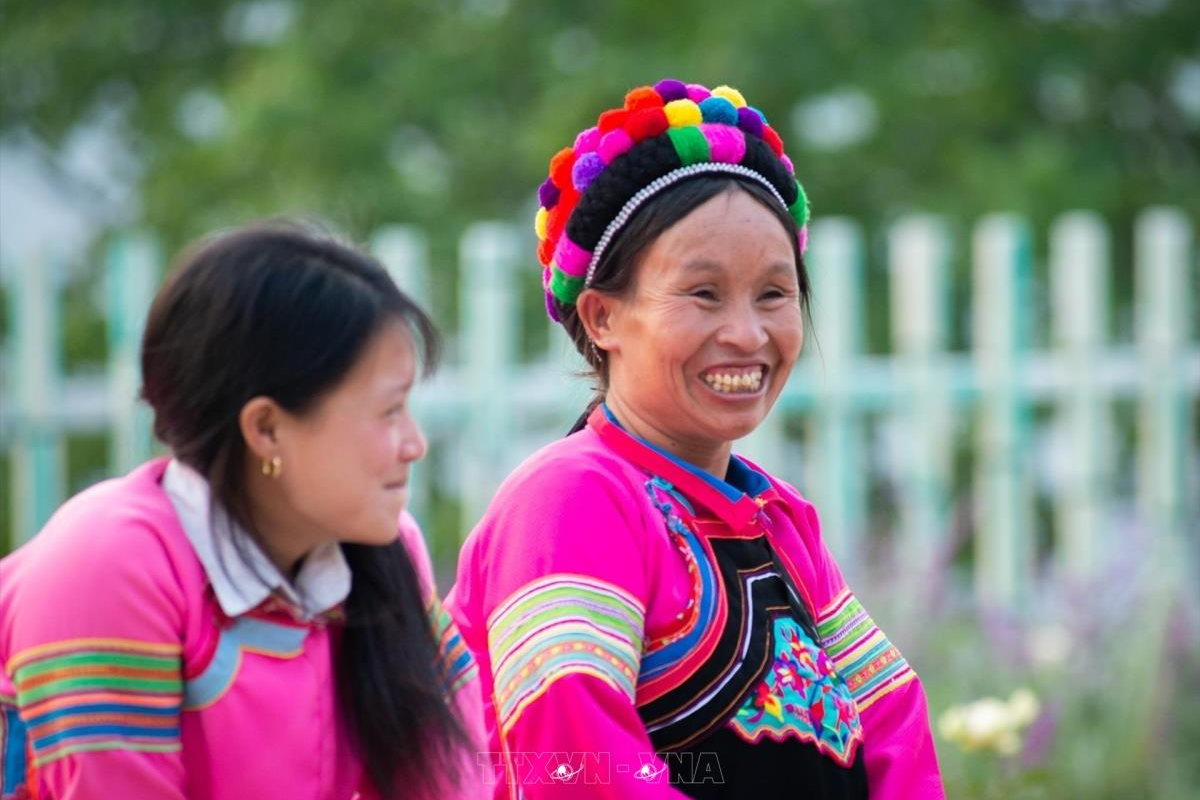
The Phu La, believed to have arrived in Ha Giang about a century ago, live in small, scattered mountain villages of 10–15 households. Most belong to the Pu La subgroup and co-inhabit areas with the Mong, Dao, Tay, and Nung.
♦ Oral Traditions and Folk Stories
Phu La culture emphasizes oral storytelling with themes centered on community unity and the triumph of good over evil. Village elders play an essential role in maintaining order and passing down wisdom to the next generations.
Conclusion
Ha Giang’s ethnic minorities are the heartbeat of its cultural landscape. Their unique customs, vibrant festivals, and traditional arts provide an extraordinary glimpse into Vietnam’s highland heritage. Whether it’s the mystical Fire Dance of the Pa Then, the haunting tunes of the Tay’s Tinh instrument, or the dazzling attire of Lo Lo Hoa women, each experience adds depth to any journey through the province.
Embark on a cultural adventure with World Mate Travel and witness the timeless traditions of Ha Giang’s ethnic communities for yourself!
We hope this insight into the diverse ethnic groups of Ha Giang inspires your journey and deepens your appreciation for Vietnam’s rich cultural heritage. From colorful festivals to traditional crafts and music, each community offers a unique and unforgettable experience. For a meaningful cultural adventure, contact World Mate Travel — your trusted Vietnam travel agency!
Contact Us:
Email: sales@worldmatetravel.com
WhatsApp: +84 988 660 505
